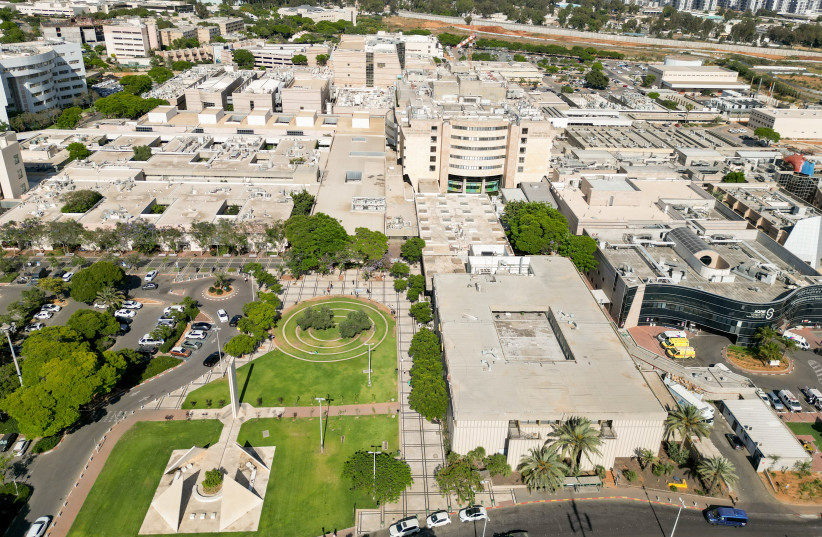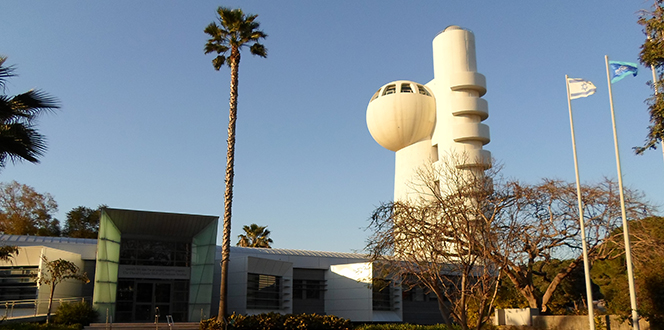ByTHE MEDIA LINE STAFF
Jerusalem Post
The tiny organ, known as an “organoid,” developed over six months and closely mimicked the way a real kidney forms during pregnancy.
In a medical first for Israel—and one of the most promising developments in regenerative medicine—scientists at Sheba Medical Center and Tel Aviv University have successfully grown a miniature human kidney in the lab using specialized stem cells taken from kidney tissue.
For more stories from The Media Line go to themedialine.org
The tiny organ, known as an “organoid,” developed over six months and closely mimicked the way a real kidney forms during pregnancy. It’s the longest a lab-grown kidney of this kind has ever survived and matured, giving researchers a rare opportunity to watch in real time how kidney diseases can begin to develop.
“We’ve been able to actually observe how a problem in development can lead to kidney diseases we see in patients,” said Professor Benjamin Dekel, who led the research team. “This kind of insight could help us create new treatments in the future.”
Until now, lab-grown kidneys made from general-purpose stem cells would only last a few weeks and often included unwanted cell types that muddled the research. Dekel’s team used stem cells taken directly from kidney tissue—cells that naturally grow into kidney parts. This allowed for a much purer and more stable kidney model that developed key structures like filters and tiny ducts found in real kidneys.
Potential far-reaching implications
The breakthrough could have far-reaching implications. Researchers say the model could be used to test how medications affect fetal kidneys during pregnancy, something that’s currently very difficult to study. It also brings scientists closer to the possibility of repairing or replacing damaged kidney tissue using lab-grown cells.
“We now have a renewable source of healthy kidney cells and a better understanding of how kidneys form and function,” said Dekel.
The research, published in The EMBO Journal, was carried out by a team from Sheba’s Safra Children’s Hospital and Tel Aviv University’s Sagol Center for Regenerative Medicine.
Dr. Dror Harats, chairman of Sheba’s Research Authority, said the achievement reflects Israel’s leading role in global medical innovation. “Despite growing efforts to isolate Israel from international science,” he said, “breakthroughs like this prove our impact is both lasting and essential.”


















